自我控制能力在焦慮影響網路成癮過程中的調節效應分析
DOI:
https://doi.org/10.53104/yxyjkkx.2025.01.01.001摘要
隨著互聯網與智慧手機的深度滲透,網路成癮已逐漸成為全球性公共健康挑戰,特別是在大學生群體中尤為突出,對學業成就、身心健康及社會適應能力產生深遠負面影響。作為高頻率使用網路且難以控制的行為,網路成癮常被視為負性情緒調節不良的結果。焦慮是大學生中最常見的負性情緒之一,已被多項研究確認是網路成癮的重要風險因素。然而,部分高焦慮個體並未發展出嚴重網路依賴,提示個體心理資源可能發揮關鍵調節作用。
本研究基於自我控制資源模型與情緒調節理論,提出並驗證焦慮與網路成癮的調節效應模型,重點考察自我控制能力的作用。以中國東部兩所綜合性大學512名在校大學生為樣本,採用橫斷面問卷調查,分別通過GAD-7量表、Young網路成癮量表及簡版自我控制量表測量變數,控制性別、年級、日均上網時長等因素。
多元回歸與交互作用分析顯示:(1)焦慮顯著正向預測網路成癮,驗證了焦慮作為行為成癮心理基礎的假設;(2)自我控制能力顯著負向預測網路成癮;(3)兩者存在顯著交互作用,高自控能力減弱焦慮對網路成癮的影響。簡單斜率分析表明,低自控個體中焦慮與網路成癮的關係最強。
研究豐富了行為成癮理論和焦慮心理機制,支援將自我控制能力視為幹預焦慮相關網路依賴的切入點。結果提示,高校心理幹預可通過提升情緒識別能力和自我控制訓練,有效降低網路成癮風險。未來研究可採用縱向追蹤或實驗設計,進一步探索其動態交互過程,並引入情緒調節策略、元認知能力等變數,完善多層次預測模型。
參考文獻
Young K S. Internet addiction: The emergence of a new clinical disorder[J]. CyberPsychology & Behavior, 1998, 1(3): 237–244. DOI:10.1089/cpb.1998.1.237.
Caplan S E. Relations among loneliness, social anxiety, and problematic internet use[J]. CyberPsychology & Behavior, 2007, 10(2): 234–242. DOI:10.1089/cpb.2006.9963.
Elhai J D, Levine J C, Dvorak R D, et al. Problematic smartphone use and mental health problems: Current state of research and future directions[J]. Journal of Affective Disorders, 2017, 207: 251–259. DOI:10.1016/j.jad.2016.08.030.
Baumeister R F, Vohs K D, Tice D M. The Strength Model of Self-Control[J]. Current Directions in Psychological Science, 2007, 16(6): 351–355. DOI:10.1111/j.1467-8721.2007.00534.x.
Hofmann W, Schmeichel B J, Baddeley A D. Executive functions and self-regulation[J]. Trends in Cognitive Sciences, 2012, 16(3): 174–180. DOI:10.1016/j.tics.2012.01.006.
Griffiths M D. A components model of addiction within a biopsychosocial framework[J]. Journal of Substance Use, 2005, 10(4): 191–197. DOI:10.1080/14659890500114359.
唐柳平, 馬梁紅. 青少年網路成癮的成因、診斷及幹預治療現狀[J]. 中國兒童保健雜誌, 2007(05): 510–511+514.
Thayer J F, Lane R D. A model of neurovisceral integration in emotion regulation and dysregulation[J]. Journal of Affective Disorders, 2000, 61(3): 201–216. DOI:10.1016/S0165-0327(00)00338-4.
Beck A T, Clark D A. An information processing model of anxiety: Automatic and strategic processes[J]. Behaviour Research and Therapy, 1997, 35(1): 49–58. DOI:10.1016/S0005-7967(96)00069-1.
劉陽, 陳奕, 孫喆. 大學生焦慮、抑鬱現狀及其影響因素分析——以綿陽師範學院為例[J]. 綿陽師範學院學報, 2024, 43(09): 55–61+84. DOI:10.16276/j.cnki.cn51-1670/g.2024.09.007.
Elhai J D, Levine J C, Dvorak R D, et al. Problematic smartphone use and mental health problems[J]. Journal of Affective Disorders, 2017, 207: 251–259. DOI:10.1016/j.jad.2016.08.030.
Kim E J, Namkoong K, Ku T, et al. The relationship between online game addiction and aggression, self-control and narcissistic personality traits[J]. European Psychiatry, 2008, 23(3): 212–218. DOI:10.1016/j.eurpsy.2007.10.010.
Muraven M. Building self-control strength: Practicing self-control leads to improved self-control performance[J]. Journal of Experimental Social Psychology, 2010, 46(2): 465–468. DOI:10.1016/j.jesp.2009.12.011.





